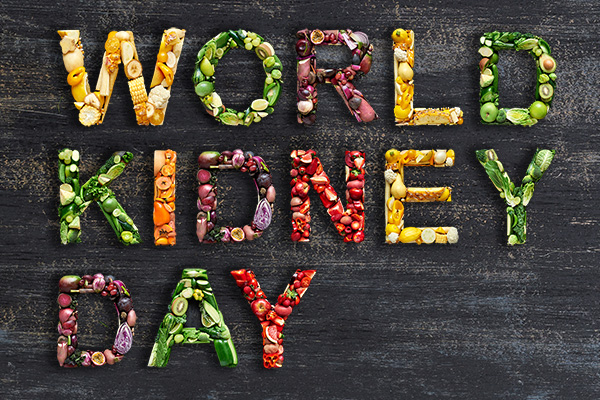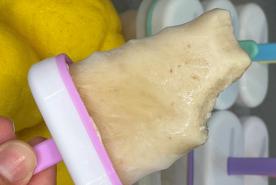December 13, 2018
In March, people around the world will be sharing tips and advice about the theme of this year’s World Kidney Day – Kidney Health for Everyone, Everywhere, which is intended to raise awareness about kidney disease and to give everyone a chance to prevent it with access to proper screening and a healthy lifestyle.
Our kidneys keep us alive. Without working kidneys, the only options are dialysis or transplant. And there is no cure for chronic kidney disease (CKD), which is on the rise at an alarming rate.
The best defense against CKD and to protect these vital organs is not to compromise your kidneys in the first place.
Plant-based Diets May Help Keep Your Kidneys in Top Shape
A plant-based diet that limits meat and processed foods is one of the ways to keep your kidneys in excellent working order, research suggests. A plant-based diet might also help ward off a further decline in kidney function in those who already have CKD.
A plant-based diet may also help control weight, maintain healthy blood sugar levels and healthy blood pressure, produce less of a dietary acid load, suppress inflammation, and reduce intake of saturated fats.
Going plant-based doesn’t mean you have to cut out meat or dairy altogether from your everyday menu, but just that you limit animal-based foods. Some even suggest going meatless just one day a week, as promoted by the Meatless Monday campaign.
What Is a Plant-Based Diet?
Plant-based diets are heavy on whole grains, fruits, vegetables, legumes, unsalted nuts, and healthy oils, while cutting down on animal-based and processed foods.
If you go plant-based, add more:
- Beans
- Peas
- Lentils
- Fruits and vegetables
Cut down on:
- Salt
- Dairy
- Eggs
- Fish
- Meat
- Poultry
- Processed breads and other foods with preservatives
- Pasta
- Refined or sugared cereal
- White rice
- Canned foods
If you are not on dialysis, which requires a special diet, pick from several diets like the Mediterranean diet or the Dietary Approaches to Stop Hypertension (DASH) diet to get started.
Further, to keep your kidneys healthy, don’t just change your diet. NKF recommends that you should maintain a healthy weight; don’t smoke; exercise regularly; don’t overuse non-steroidal anti-inflammatory drugs (NSAIDs) or other over the counter painkillers; maintain healthy blood pressure and cholesterol levels; maintain healthy blood sugar; have an annual physical; and get tested for CKD. And of course, find out if kidney disease runs in your family.
Two simple tests can determine if you have kidney disease
Millions of Americans don’t know they have CKD. Two simple tests -- one blood and one urine -- can detect CKD and all people at risk for CKD should be tested each year by their primary care professional.
In the meantime, be a part of the kidney health movement. Share the news about the importance of kidney health and awareness of preventing CKD.


















